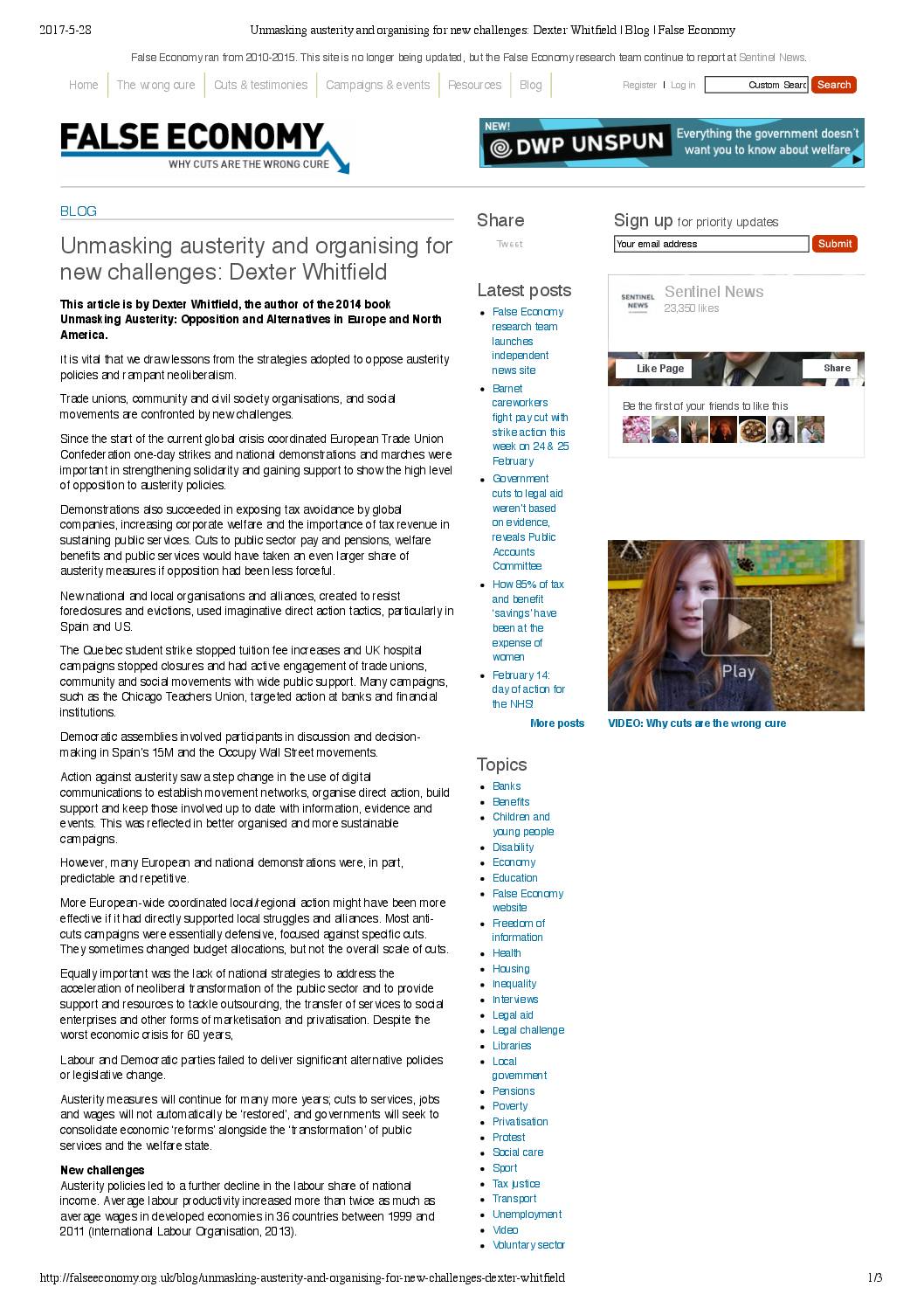Books and articles by Dexter Whitfield
Published on 19th November 2019. Last updated 16th December 2025.
-

Challenging the rise of Corporate Power in Renewable Energy
New Book: Challenging the rise of Corporate Power in Renewable Energy: Strategic opportunities for public ownership and industrial and economic development, by Dexter Whitfield, 26 January 2023. A new dimension to the climate crisis has emerged as a result of the corporate domination of the renewable energy sector. The book details strategies for a democratic…
-

SOCIALIST PROJECT: THE BULLET
Global Trade in Renewable Energy Assets Soars Draws on Global Renewable Energy Secondary Market Database 2019-2021 which reported on 1,622 transactions in renewable energy assets in a three-year period. It reveals the dominant role of private equity funds, wide use of tax havens and limited role of public ownership. The market creates new opportunities for…
-

Book Review – The Great Green Scam
Helen Mercer, Morning Star, 17 April 2023 – highly recommends an invaluable guide to the state of private ownership of renewable energy, and what to do about it. Dexter Whitfield has performed an invaluable service over the years in researching the mechanism of corporate control over public services and its extremely profitable but socially disastrous…
-

New Book – Public Alternative to the Privatisation of Life
Public Alternative to the Privatisation of Life by Dexter Whitfield sets out a radical agenda for decommodification, public ownership and provision, re-municipalisation, reconstructing democracy, radical public management, public investment and strategic action. It explains the drivers of financialisation, marketisation, individualisation and privatisation and sets out a political economy framework of privatisation. It details the corporate…
-

The road to an equitable and sustainable economy
Dexter Whitfield exposes the perils of privatisation underlined by the Covid-19 pandemic. “Firstly, new economic strategies combining Green and Integrated Public Healthcare System Deals. Decarbonisation of energy must run parallel with the decommodification of public services and the de-commercialisation of nature and biodiversity. They must be aligned with democratisation and participation and political, economic, social…
-

The future of infrastructure financing: Is there a public alternative to the privatisation of life?
Institute for Public Policy Research, PROGRESSIVE REVIEW, Spring 2020, Dexter Whitfield There are currently mixed messages in infrastructure finance. The Conservative government’s 2018 budget announced that no more private finance initiative (PFI) and PF21 projects would be approved: “Government will not be seeking a like-for-like replacement for these models. The government is open to exploring…
-

Capitalist dynamics reconfiguring the state: alternatives to privatisation
The presentation at the University of Nottingham described the dynamic forces, public sector ‘transformation’ and set out alternative strategies to regenerate public services. The event on 16 September 2015 was jointly organised by the Bertrand Russell Peace Foundation, Spokesman Books, the Centre of the Study of Social and Global Justice and the University and College…
-

Unmasking austerity and organising for new challenges, Dexter Whitfield
We need to draw lessons from the strategies used to oppose austerity policies and neoliberal ‘transformation’ of public services. New challenges include reversing the decline in labour share of national income and the slow pace of financial market reforms. Opposition to transnational free trade agreements must be strengthened. “New approaches to organising, building alliances and…
-

The People’s Inquiry into Privatisation in Australia
Submission by Dexter Whitfield on the critical importance and need for alternatives to privatisation. A demand for public ownership alone is inadequate. It must be accompanied by proposals to radically change the way public services are managed and held democratically accountable. Otherwise, public ownership alone will ultimately lead to re-privatisation later.
-

A job like any other? Working in the social sector between transformation of work and the crisis of welfare
Davide Caslli (University of Milan), Barbara Giullari (University of Bologna) and Dexter Whitfield (Flinders University, Adelaide) in Sociologia del lavoro, 155, 2019. DOI: 10.3280/SL2019-155001 The purpose of the essay, introducing the special issue, is to shed light on the restructuring of social work in the context of more general transformations of work. Social work represents…

